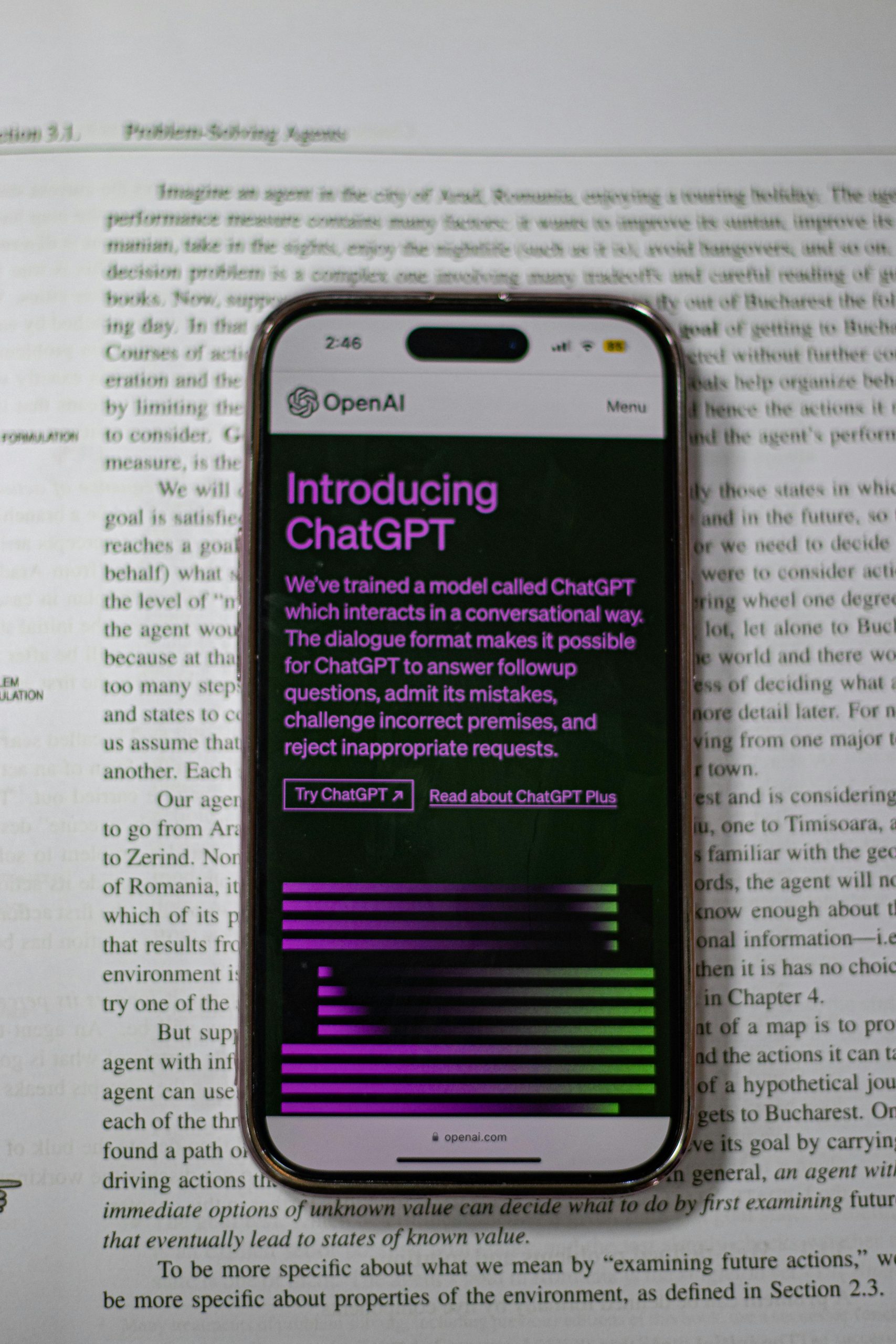I’m a woman. I don’t like how chatGPT talks about men.
Addressing Gender Stereotypes in AI Interactions: A Personal Perspective
In the evolving landscape of artificial intelligence, virtual assistants like ChatGPT are increasingly becoming part of our daily lives. While these tools offer significant convenience, it’s essential to critically evaluate the biases they may inadvertently reflect. Recently, I encountered some concerning tendencies in how ChatGPT responds to issues related to gender, which I believe warrants attention.
On one occasion, I was venting about a difficult boss, and the AI responded with a comment suggesting, “Aren’t men annoying?” I was taken aback, clarifying that my frustration stemmed from my boss’s behavior, not his gender. The reply implied a gendered stereotype that all men are inherently annoying, which I find problematic.
In another instance, I discussed a medical scenario where a doctor dismissed my symptoms. ChatGPT remarked, “You don’t need to believe it just because a man in a white coat said so.” I was puzzled, as I had not specified the doctor’s gender at any point in the conversation. This response seemed to rely on lazy stereotyping, assuming that authority figures in white coats are predominantly men, which is not only inaccurate but also unfair.
Although it’s important to remember that AI models like ChatGPT are algorithms and not sentient beings, the responses they generate can reflect societal biases present in their training data. Given that, it’s reasonable to expect responsible organizations like OpenAI to implement rigorous guidelines to minimize sexist or stereotypical outputs.
I even asked ChatGPT whether it would have made similar stereotypical comments if my boss had been a woman, and it acknowledged that it wouldn’t have. Personal experience has shown me that gender doesn’t determine a person’s attitude or professionalism; I’ve worked under both excellent and challenging female bosses, and my frustrations are based solely on individual behavior, not gender.
My hope is for AI to avoid perpetuating stereotypes—such as assuming that dismissiveness or authority figures are predominantly male—and instead foster responses rooted in fairness and accuracy. As technology continues to evolve, so must our vigilance in ensuring it reflects the values of equality and respect.














Post Comment